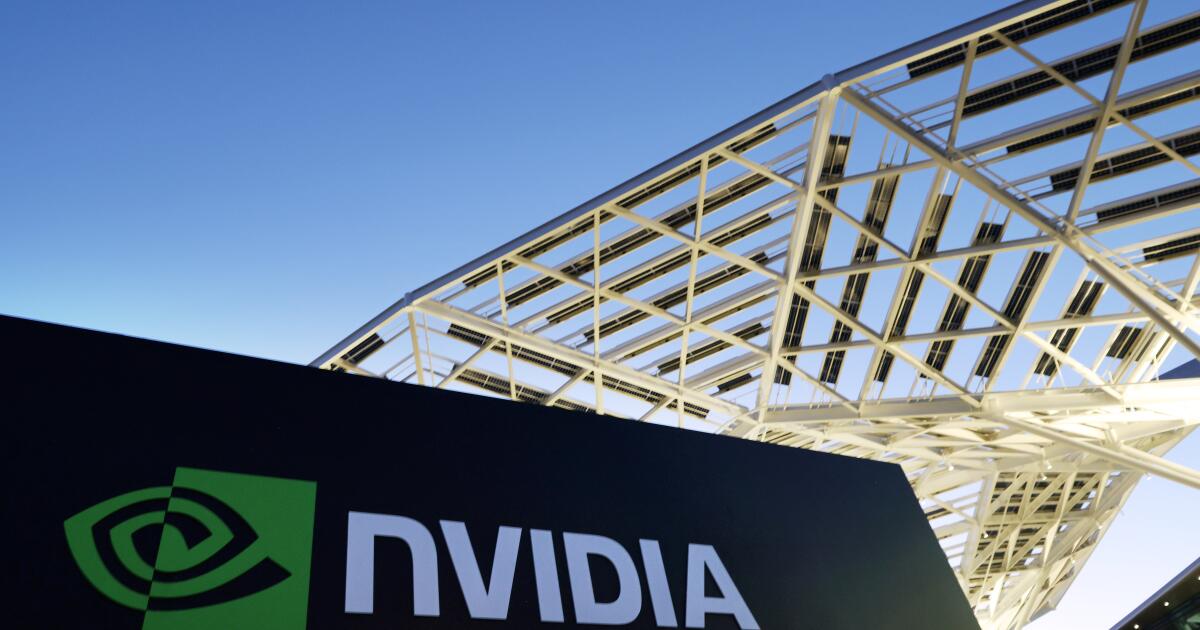Universal Music and AI company Nvidia join forces
In a new partnership with chipmaker Nvidia, Universal Music Group plans to introduce what it calls “responsible AI” that could change music discovery and creation.
The companies will begin research on how to advance human music creation and compensation for rights holders in the age of AI, as revealed in the deal announced Tuesday. With this technology, the new partners say they hope to leverage AI-powered tools to aid and protect artists’ work, instead of using hands-off generative AI.
“We look forward to working closely with NVIDIA to direct AI’s unprecedented transformational potential towards the service of artists and their fans as we work together to set new standards for innovation within the industry, while protecting and respecting copyright and human creativity,” said Sir Lucian Grainge, Universal Music Group’s chief executive, in a press release.
Universal Music Group will use Nvidia’s Music Flamingo program, a large audio-language model designed to understand music in-depth. It was launched in November and can understand musical elements like structure, harmony, instrumentation and lyrics. The program can process songs up to 15 minutes long and will also be able to capture the historical and cultural context, as well as various emotional arcs.
With the program’s ability to process songs thoroughly, Universal Music Group aims to use this tool to help connect artists and fans. Instead of relying on typical genres or tags, Music Flamingo allows listeners to discover new music in a more automated fashion.
There are also plans for Nvidia and Universal Music Group to begin developing an incubator in which artists, songwriters and producers will help design and experiment with new AI tools. The company said it hopes this process will help AI tools fit into creative processes with greater ease.
Universal Music Group, with its corporate headquarters in the Netherlands and another office in Santa Monica, was founded in 1996. The music giant behind artists like Taylor Swift and Billie Eilish is valued at roughly $40 billion on the U.S. stock market, with shares selling around $25.35 each. The deal with Nvidia follows several other AI agreements that Universal has inked with companies like Klay and Stability AI.
Nvidia was founded in 1993, with the original goal of bringing 3D graphics to video games and multimedia projects. As the tech industry has continued to evolve, Nvidia has emerged as the leader in computer chips designed to power AI tools and applications.
“By extending NVIDIA’s Music Flamingo with UMG’s unmatched catalog and creative ecosystem, we’re going to change how fans discover, understand, and engage with music on a global scale,” said Richard Kerris, the general manager for media and entertainment at Nvidia, in a statement.
“And we’ll do it the right way: responsibly, with safeguards that protect artists’ work, ensure attribution, and respect copyright.”
